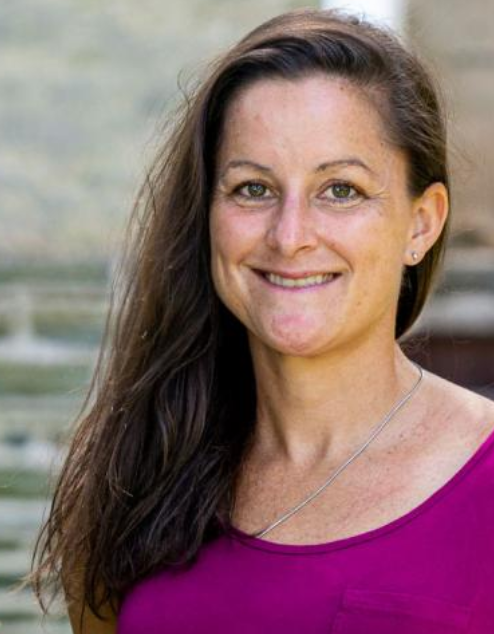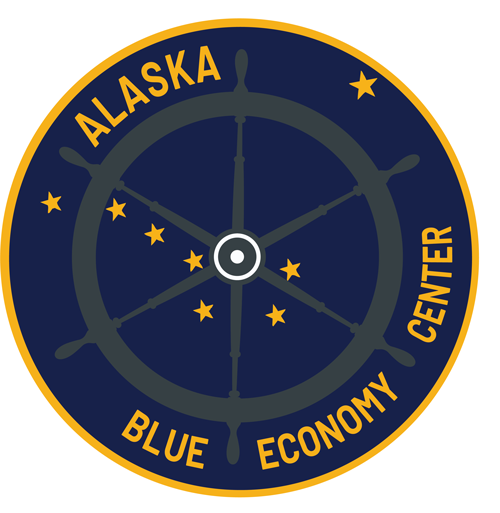Marine Natural Resources Technician
Occupational Endorsement Certificate in Marine Natural Resources Technician
Students can complete this OEC in 1 semester
The Occupational Endorsement Certificate (OEC) in Marine Natural Resources Technician prepares students with the skills and knowledge necessary for successful employment at the technician level in marine natural resources and marine science through hands-on training and coursework. Students will learn technical skills from content experts, as well as communicative and social skills required for success in this growing field. They will also interact directly with natural resource management organizations that are in need of skilled technician level employees, facilitating a transition from the program to employment.
Requirements
- 16 Credit Hours
- Minimum 2.0 GPA
Please view the current catalog for a list of all required classes for this program.
Program Quick Facts
Cost Per Credit: $241 (for both in-state and out-of-state students). Students (16 years or older) may be eligible to attend this program for free* for the Spring 2026 semester thanks to grant funding! *Tuition, academic fees, and housing are free for a limited amount of students per semester.
Location: Valdez
For more information about this program and to enroll you can contact PWSC Student Services:
email: pwsc.student.services@alaska.edu
call: 907-834-1600 (Mondays-Friday, 8 a.m.-5 p.m. AKST)
Grant Funding for Free Tuition and Housing
Please click the button below for more information on applying for grant funding for free tuition and housing.
This program has been designed to prepare students for seasonal positions as:
-
- Entry-level with National Parks Service, NOAA, Chugach Regional Resources Commission and other Alaska Native Organizations
- Entry-level on a kelp or oyster farm
- Entry-level marine research technician
Students enrolled in this program may want to continue their studies to advance their career. Possible pathways for majors to transfer into upon completion include:
- Associate of Arts in General Studies at Prince William Sound College
- Associate of Applied Science in Technology at Prince William Sound College
- Bachelor's degree in biological sciences or natural sciences at the University of Alaska Anchorage
- Bachelor's degree in fisheries and marine science at the University of Alaska Fairbanks
- Bachelor's degree in marine biology or environmental resources at the University of Alaska Southeast
For specific guidance on a transfer path it is best to make an advising appointment with an academic advisor. Contact PWSC's academic advisor to set up an appointment.
This program is the spring semester of PWSC's Semester on the Sound program. Students who attend the spring semester often choose to attend the fall semester Semester on the Sound program, which is the Natural Resources Technician OEC.
Meet The Professor
Dr. Amanda Glazier
 Amanda came to PWSC from Haverford College outside of Philadelphia. There, she was
a visiting assistant professor, teaching marine ecology, population genetics, advanced
genetic analyses, and superlab. Prior to that, she was a research assistant professor
and postdoctoral Fellow at Temple University in Philadelphia. Her research has focused
on population genetics, phylogenetics, and transcriptomics of deep-sea invertebrates,
and she is broadly interested in using genetic tools to address evolutionary and ecological
questions. Her research has spanned lab work, field work with five deep-sea research
cruises, and bioinformatics and computational work. While all of these are important
aspects of research and learning, in teaching, she deeply believes that experiential
and field-based techniques are the best way for students to learn and develop a passion
for environmental sciences and ecology. Her courses are developed as much in this
context as possible, getting students outside and physically working with the topics
instead of just sitting in a classroom. This may include part of the day in the field
and part in the lab or working with an online database to experience different aspects
of the subject. She is very excited to be in Alaska, developing courses in this context
in such a unique, incredible environment.
Amanda came to PWSC from Haverford College outside of Philadelphia. There, she was
a visiting assistant professor, teaching marine ecology, population genetics, advanced
genetic analyses, and superlab. Prior to that, she was a research assistant professor
and postdoctoral Fellow at Temple University in Philadelphia. Her research has focused
on population genetics, phylogenetics, and transcriptomics of deep-sea invertebrates,
and she is broadly interested in using genetic tools to address evolutionary and ecological
questions. Her research has spanned lab work, field work with five deep-sea research
cruises, and bioinformatics and computational work. While all of these are important
aspects of research and learning, in teaching, she deeply believes that experiential
and field-based techniques are the best way for students to learn and develop a passion
for environmental sciences and ecology. Her courses are developed as much in this
context as possible, getting students outside and physically working with the topics
instead of just sitting in a classroom. This may include part of the day in the field
and part in the lab or working with an online database to experience different aspects
of the subject. She is very excited to be in Alaska, developing courses in this context
in such a unique, incredible environment.
Follow her Instagram account where she posts about teaching environmental studies at PWSC! environ_sciences_pwsc











